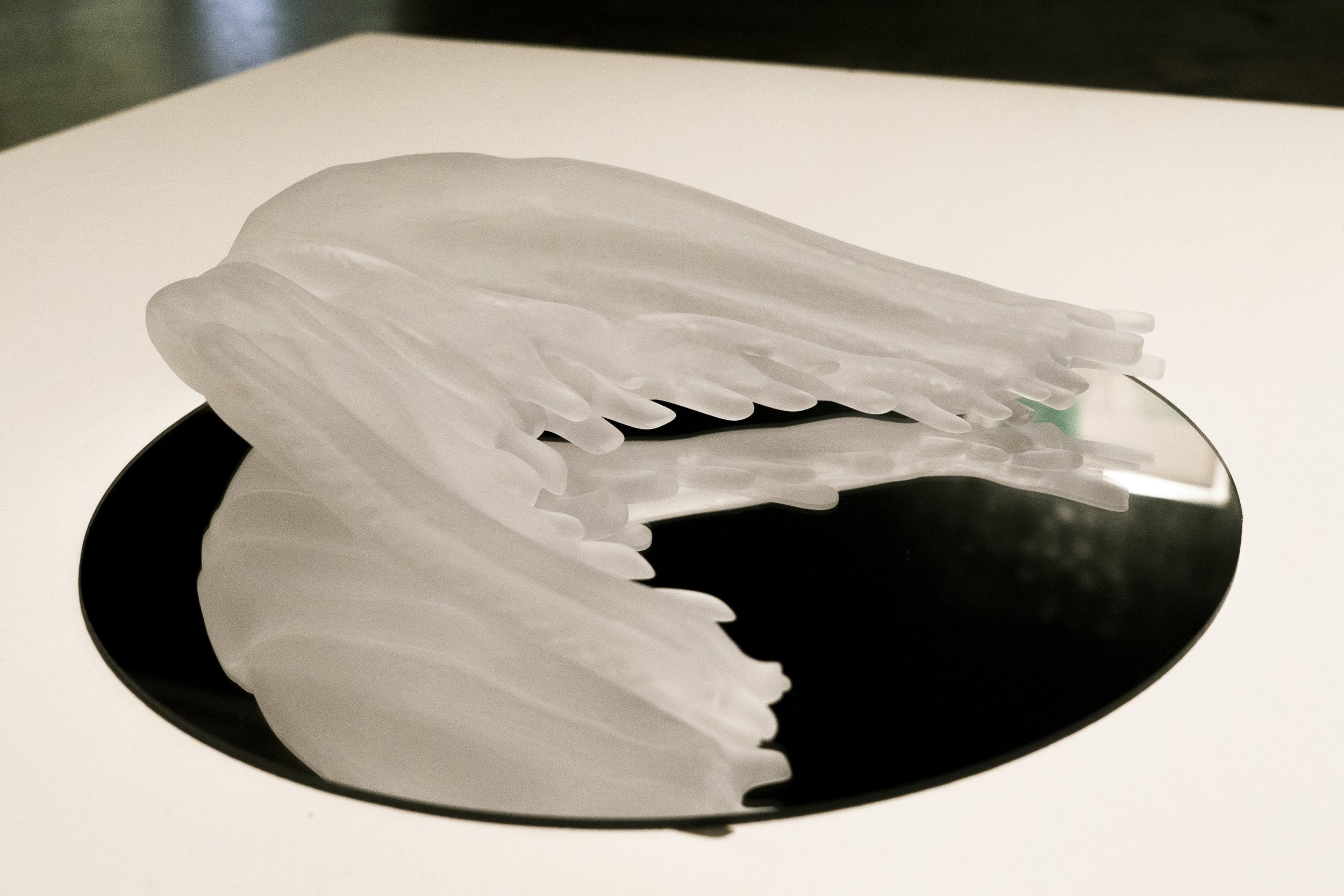
classes

Digital Fabrication
Digital Fabrication
This course will introduce students to digital fabrication techniques as part of a thoughtful and iterative fabrication process. Students are encouraged to creatively explore theoretical frameworks and speculate wildly to develop project concepts centered around lines of critical inquiry and iterate prototypes using laser cutters, 3D printers, as well as introductory circuits and analogue and digital sensors. Vector-based and 3D modeling software like Adobe Illustrator, TinkerCAD, and Blender will be introduced along with the popular open-source Arduino and Processing/p5.js frameworks. Best practices working with various material media will also be introduced. This course is open to students at all skill levels. No previous fabrication or programming experience is required or assumed.
Course written and designed by Parsons faculty.
Taught by Sen in Spring 2024.

Materializing Memory: Topological Modeling I
In this class, students will learn about ‘memory objects’ – about those personal belongings that elicit nostalgia and involuntary memories. Memory objects have been critical in the study of material culture and migratory histories, where people far from their homelands have held onto things that matter to them, creating vital links between individuals in scattered communities. In this course, we will be creating our own links to the people and places we hold dear, modeling and re-imagining objects of our own. As students develop hard skills in 3D modeling and research, they will simultaneously practice creative development, self-awareness, and empathy, considering tactile ways to connect ourselves to the people and communities we care about, even when far away. At the end of the course, students will compile their objects into a publication that not only delineates their design and research process, but also offers critical writing on the historical and personal contexts for their work.
This course was developed in 2020, inspired by the workshops, Adventures in Topological Modeling I & II, that I developed and taught at NYU ITP Camp while serving as an Instigator Fellow (2018).
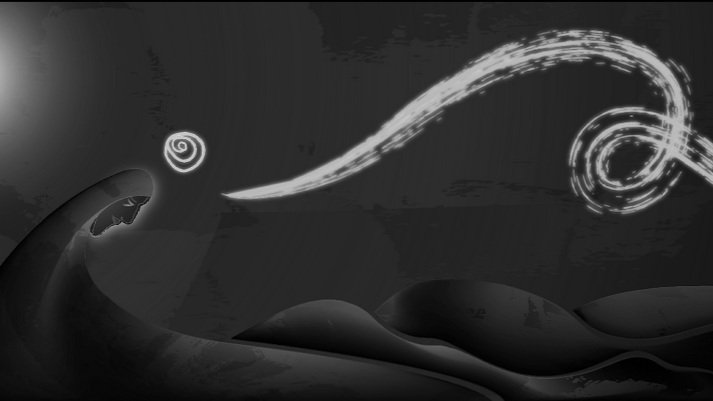
Digital Media Design II: Game Design
This course is designed for students to develop the skills and creative confidence to produce visionary, imaginative worlds for video game design. Students will be able to explore the fundamentals of story design; to identify and to analyze visual elements in digital game environments; to design and render visually striking objects and environments in Illustrator and Photoshop; to demonstrate animation skills and an understanding of game mechanics to visualize game play; and to produce basic functioning playable prototypes using a game engine. This course takes a unique justice-driven and futurist approach, allowing students to critically evaluate the history of the gaming industry and to imagine diverse and complex stories for the games of the future.
This course was developed with an institutional Curriculum Development Grant and taught at Choate Rosemary Hall (2020-2022).
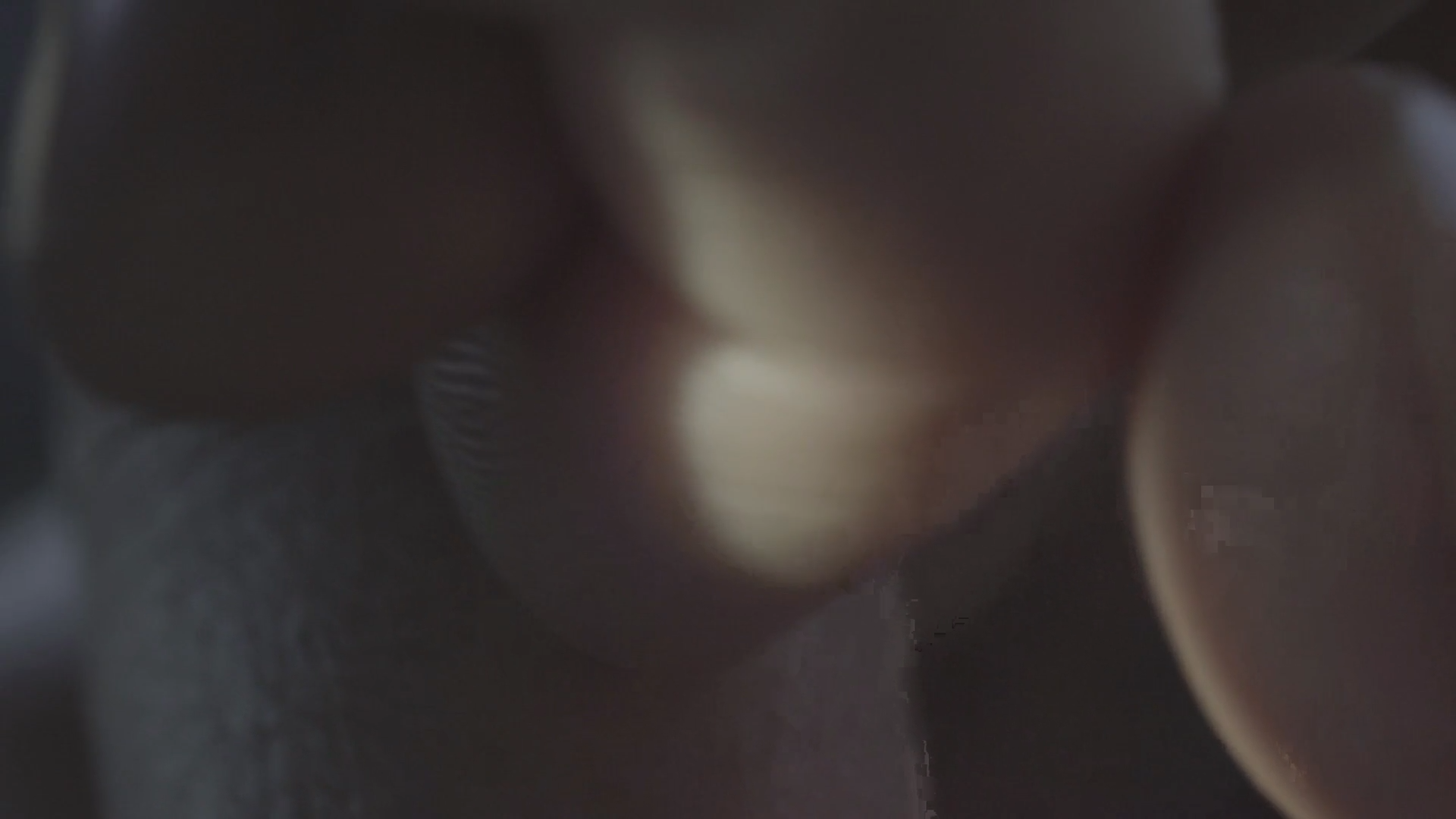
Digital Filmmaking I
What makes a ‘great’ film? How do we tell stories cinematically in a way that is both authentic and has an impact on the audience? Equal parts film theory and a hands-on studio course, Digital Filmmaking I is designed for students to develop an artistic voice through motion pictures. By the end of the course, students will be able to understand film as an artistic medium; to collaborate with their peers in a team-driven environment; to identify the relationship between story development and audiovisual elements in cinematic artworks; and to apply foundational proficiency in DSLR cameras, audio equipment, and Adobe Premiere Pro to create compelling short films.
This course was designed and taught as a part of the Emerging Media program at Choate Rosemary Hall (2019-2022).
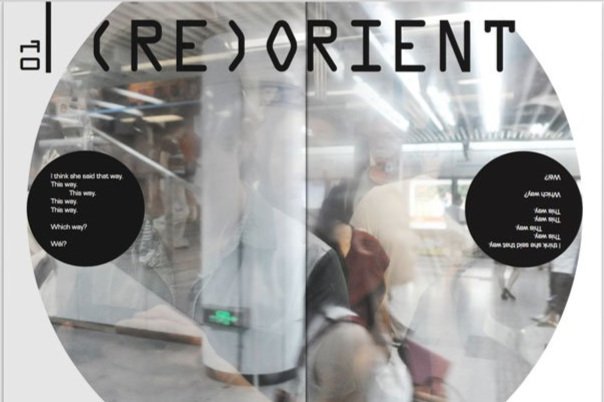
Digital Media Design I
How do we experience 2D visual design in the world around us? What makes some visual design more compelling than others? In this course, students will develop an artistic voice with 2D computer media as they apply industry standards in developing complex visual design projects. Students will be able to explore traditional art skills using digital tools and expand their understanding of the art-making process within communication design techniques. Over the term, students will be able to identify and to analyze visual elements in digital artworks; to collaborate with peers in developing diverse projects; and to create vibrant print, illustration, animation, and interaction design pieces using Adobe Photoshop, InDesign, Illustrator, and XD.
This course was designed and taught as a part of the Emerging Media program at Choate Rosemary Hall (2019-2022).
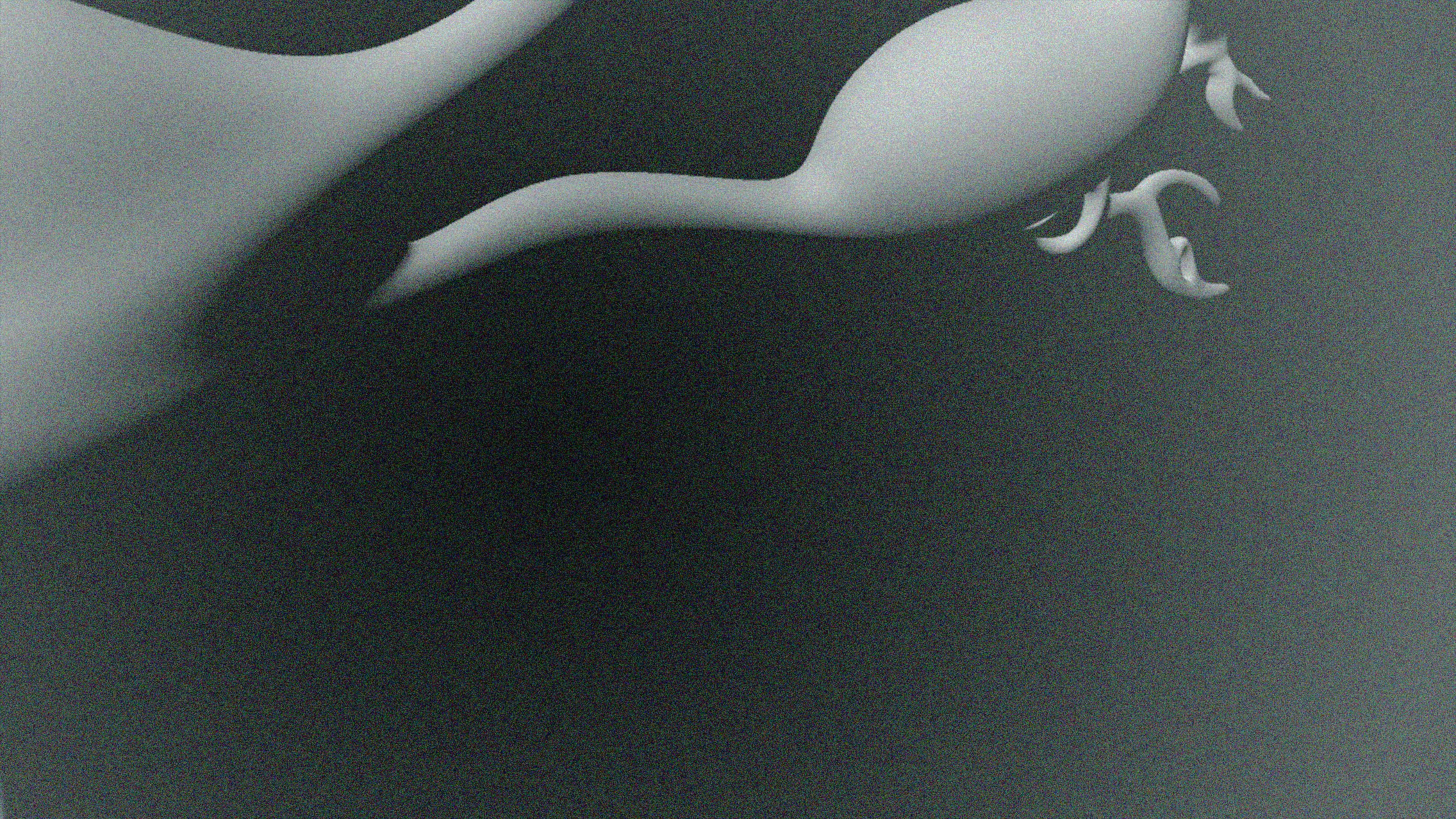
Core Systems: Studio
Core Systems: Studio
This course is an intensive project-based studio, focusing on the organization of systems: how systems and networks are structured, function, and interact with each other. The course investigates networks, ecosystems, urban landscapes, and large-scale, immersive environments along varying degrees of scale & contexts. It will examine and analyze different qualities of systems, including tactile/sensory, locative/mobile, public/private. Students will produce projects with increasing complexity, focusing on historic precedents, iterative design process and future developments. Emphasis is on a critical awareness of new technologies, an articulated design process, creative engagement with the medium and adaptation to interactive methods.
Course designed and written by Parsons: Design & Technology faculty.
Taught by Sen in 2023.





